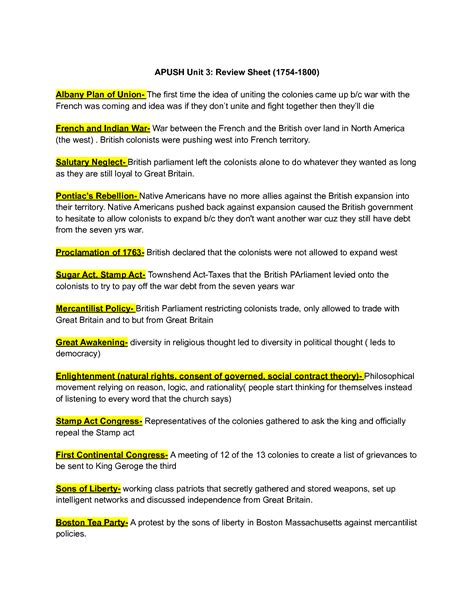Dissenters APUSH are a group of individuals who challenged the authority of the established government and religious institutions in the American colonies during the 17th and 18th centuries. They sought to reform religious practices and political structures, and their ideas laid the groundwork for the American Revolution.

Origins and Beliefs
Religious Dissenters: Puritans and Quakers
- Puritans: Believed in strict adherence to the Bible and opposed the established Church of England. They sought to purify the church from what they saw as Catholic influences.
- Quakers: Known for their pacifism, objection to war, and belief in the equality of all people. They rejected traditional religious authority and emphasized the importance of individual conscience.
Political Dissenters: Whigs and Patriots
- Whigs: Advocated for limited government, individual rights, and parliamentary supremacy. They opposed the policies of the British government and sought greater autonomy for the colonies.
- Patriots: Americans who supported the cause of independence from British rule. They believed in self-government, taxation by elected representatives, and the natural rights of life, liberty, and property.
Methods of Dissent
- Preaching and Writing: Dissenters used sermons, pamphlets, and newspapers to spread their ideas and challenge established authority.
- Political Activism: They formed organizations, such as the Whig Club, and participated in protests and petitions against government policies.
- Religious Persecution: Dissenters often faced persecution and discrimination for their beliefs. They were imprisoned, fined, or exiled from the colonies.
Impact on the American Revolution
Dissenters played a crucial role in creating the intellectual and political climate that led to the American Revolution. Their ideas about individual rights, limited government, and religious freedom influenced the Declaration of Independence and the Constitution.
Notable Dissenters
- Thomas Jefferson (Patriot): Author of the Declaration of Independence, advocated for self-government and natural rights.
- John Adams (Patriot): Defended the rights of the American colonists during the Boston Massacre trial.
- James Otis (Patriot): Argued against British writs of assistance in the case of Otis v. Thacher.
- Roger Williams (Puritan): Founded the colony of Rhode Island, which granted religious freedom to all.
- Anne Hutchinson (Puritan): Criticized the established church and led a religious movement that was persecuted.
Table 1: Key Dissenters and Their Beliefs
| Dissenter | Belief |
|---|---|
| Thomas Jefferson | Self-government, natural rights |
| John Adams | Rights of American colonists |
| James Otis | Against British writs of assistance |
| Roger Williams | Religious freedom |
| Anne Hutchinson | Reformation of the church |
Table 2: Types of Dissenters
| Type | Key Beliefs |
|---|---|
| Religious Dissenters | Strict adherence to the Bible, equality of all people |
| Political Dissenters | Limited government, individual rights, parliamentary supremacy |
Table 3: Methods Used by Dissenters
| Method | Description |
|---|---|
| Preaching and Writing | Seromns, pamphlets, newspapers |
| Political Activism | Organizations, protests, petitions |
| Religious Persecution | Imprisonment, fines, exile |
Table 4: Impact on the American Revolution
| Impact | Description |
|---|---|
| Intellectual Influence | Ideas about rights, limited government, religious freedom |
| Political Climate | Contributed to the movement for independence |
